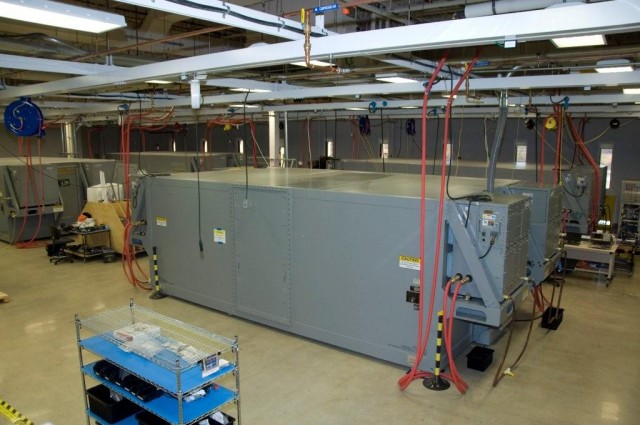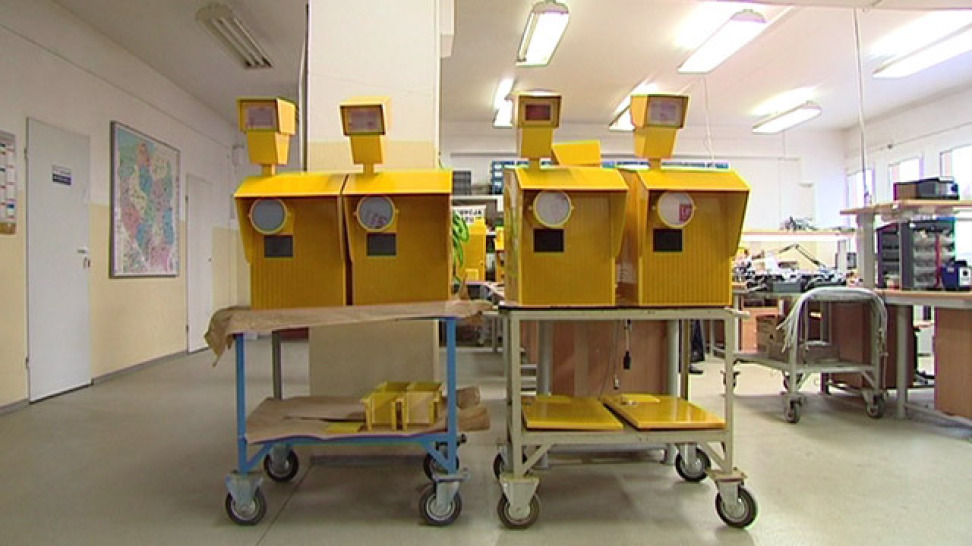Social network for sysadmins ;-)<br><i>$ wc -l .ssh/known_hosts</i><br><i>193...
$ wc -l .ssh/known_hosts
1934 .ssh/known_hosts


Zastanawialiście się, dlaczego ustawodawstwo europejskie generalnie nosi opinię przegadanego i bezsensownego (ślimak jest rybą)? Zaraz się dowiecie.
Kupując opony zacząłem się zastanawiać jakie właściwie są różnice między kategoriami przyczepności i ekonomiczności. Większość stron z opisem potrafi wyjaśnić, że A – hit, G – kit. Sięgnąłem więc do źródła, czyli – behold! – ROZPORZĄDZENIE PARLAMENTU EUROPEJSKIEGO I RADY (WE) NR 1222/2009 z dnia 25 listopada 2009 r.w sprawie etykietowania opon pod kątem efektywności paliwowej i innych zasadniczych parametrów.
13 stron. Meritum rozporządzenia, czyli dwie tabelki z parametrami zajmują pół strony. Reszta to epokowe odkrycia typu:
(6) Opony pozwalające na obniżenie zużycia paliwa są opłacalne ekonomicznie, ponieważ oszczędności paliwa z naddatkiem rekompensują wyższą cenę zakupu opon, która wynika z wyższych kosztów produkcjizaiste, #TIL. Dalej:
(8) Hałas ruchu drogowego stanowi znaczną uciążliwość i ma szkodliwy wpływ na zdrowietudzież
(18) Niektórzy użytkownicy końcowi wybierają opony przed przyjazdem do punktu sprzedaży lub kupują opony w systemie sprzedaży wysyłkowej.Autorom nie zabrakło sporej dawki autoironii:
(23) Wprowadzając w życie odpowiednie przepisy niniejszego rozporządzenia, państwa członkowskie powinny unikać wprowadzania przepisów, które nakładają nieuzasadnione, biurokratyczne i trudno wykonalne obowiązki na małe i średnie przedsiębiorstwa.(duże przedsiębiorstwa już gnębić można?) Na szczęście, urzędnicy nie są sami:
13.1 Komisja jest wspierana przez komitet.O oczywiście najważniejsze:
Tekst: Helvetica Bold 12 pkt, 100 % białego, czarne obramowanie: 0,5 pkt.W tym całym pierdu-pierdu o kolorach zawartości merytorycznej jest kilka procent. I do tego różnice między kategoriami są na tyle małe, że kupię najtańszą „znaną markę” nie brzmiącą jak produkowana w Chinach bądź Francji.
Archived comments:
emmet 2013-10-09 16:21:19
Sava Eskimo. Koncern Goodyer'a, mieszanki te same, kamionka w składzie, a cena przez pół. Ewewntualne jeszcze Dulop Winter Sport. Chyba że na prawdę szukasz opcji budżetowej, to jeszcze Dębica Frigo. Taka tam dobra rada zawsze w cenie. ;-)
zdz 2013-10-10 17:44:15
Dzięki za radę, wyglądają sensownie.
blues 2013-10-12 13:23:37
Polecam Nexen - używam od 2 lat i jest w porządku (letnie i zimówki). Pirelli, na których jeździłem były lepsze, ale nie na tyle, żeby uzasadnić różnicę w cenie.
Nexeny mają bardzo dużą część rynku w USA, w EU jakoś tak nie bardzo.
Około połowa mieszkańców Unii Europejskiej żyje na obszarach, gdzie Droga Mleczna nie jest widoczna. Astronomowie i leśnicy z Polski i Czech stworzyli Park Ciemnego Nieba w Górach Izerskich, aby przybliżyć problem zanieczyszczenia światłem. Gwiazdy, mgławice i inne wspaniałości nieboskłonu nie są bowiem widoczne na rozjaśnionym przez nadmierne oświetlenie miejskim niebie. Park powstał 4 listopada 2009 roku.u. Zajmuje on niemal 75 kilometrów kwadratowych i usytuowany jest w górnej, granicznej części doliny Izery i doliny Jizerki. Izerski Park Ciemnego Nieba jest częścią projektu Astro Izery: astro.uni.wroc.pl/astroizery izera-darksky.eu zdjęcia, reżyseria, montaż: Patryk Kizny Projekt "Izerski Park Ciemnego Nieba" jest częścią kampanii dobrze wiedzieć | good to know realizowanej przez Uniwersytet Wrocławski. Pozostałe realizacje na stronie good-to-know.pl



1753 .ssh/known_hosts